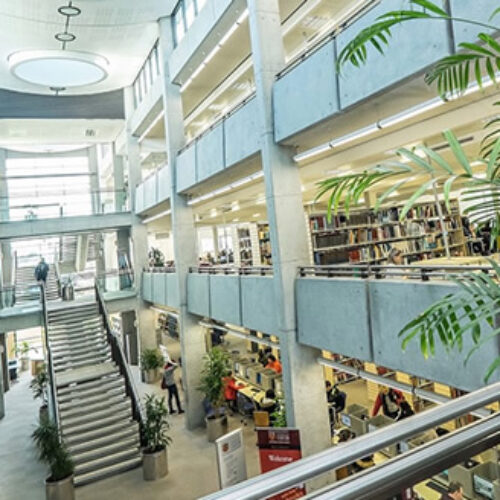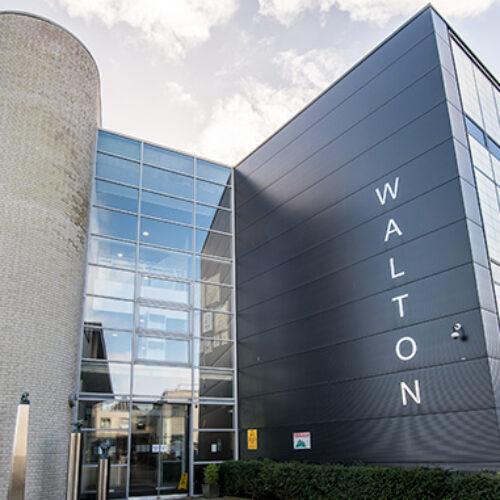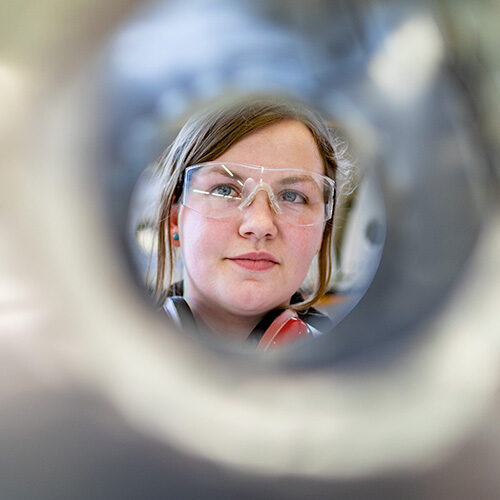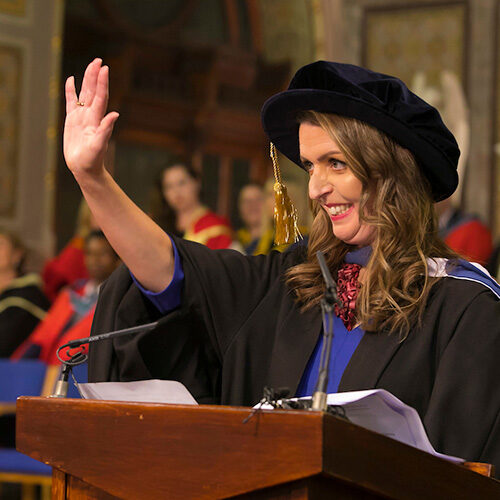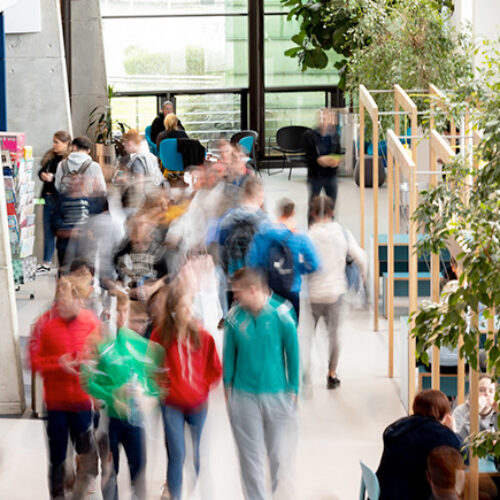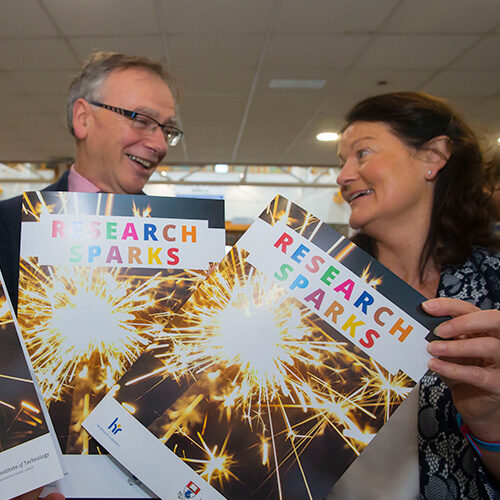Workstream Leaders:
- Dr. Frances Hardiman, Head of Faculty of Engineering, ITC
- Prof. John Wells, Head of the School of Health Sciences, WIT
- Dr. Thomas O'Toole, Head of School of Business, WIT
- Maebh Maher, Head of Faculty of Business & Humanities, ITC
Workstream 2 has two areas of focus – Student Services and Student Lifecyle. Both are focused on supporting and enhancing the learner experience (academic, social, sporting, cultural) from first contact through to becoming alumni and to contributing to a fully student-centred environment that supports diversity and equality of opportunity.
The quality of student life outside the classroom is critical to success in higher education and to the development of students as engaged, global citizens and future leaders. There are five working groups and each working group (WG) has a distinct and integral role to play in ensuring that all learners have a positive student experience and reach their full potential both academically and socially.
WG 1 - Student Services. Developing and enhancing Student Services supports such as in Access, Careers, Counselling and Disability and Medical services and ensuring that there is parity of provision of these supports to all learners including lifelong learners and non-traditional cohort across the lifespan of their studies
WG 1 - Student Identity/Student Experience. Ensuring that all areas that are important to be considered as part of a holistic learner experience – encompassing the academic, social and support services domains – are identified and that learners are involved in developing policies such as the Student Charter and Graduate Attributes.
 WG 2 - Sports Clubs and Societies. Looking at how multi-campus sports facilities can be used to develop a sense of belonging and togetherness in the student population and how to ensure maximum participation from as wide a range of learners as possible.
WG 2 - Sports Clubs and Societies. Looking at how multi-campus sports facilities can be used to develop a sense of belonging and togetherness in the student population and how to ensure maximum participation from as wide a range of learners as possible.
WG 3 - Library. Facilitating and fostering the democratisation, accessibility and transfer of knowledge. Aligning systems and resources across the five libraries so that an equitable library service will be available to all staff and students to support them in their teaching, learning and research activities.

